In retrospect: The legendary "Hanoi - Dien Bien Phu victory in the air"
(VNF) - 45 years have passed since the legendary “Hanoi-Dien Bien Phu in the air” victory. The historic event had led to the Paris Agreement signing, the withdrawal of US troops from Vietnam, and leading to Vietnam’s eventual total liberation and reunification in 1975.
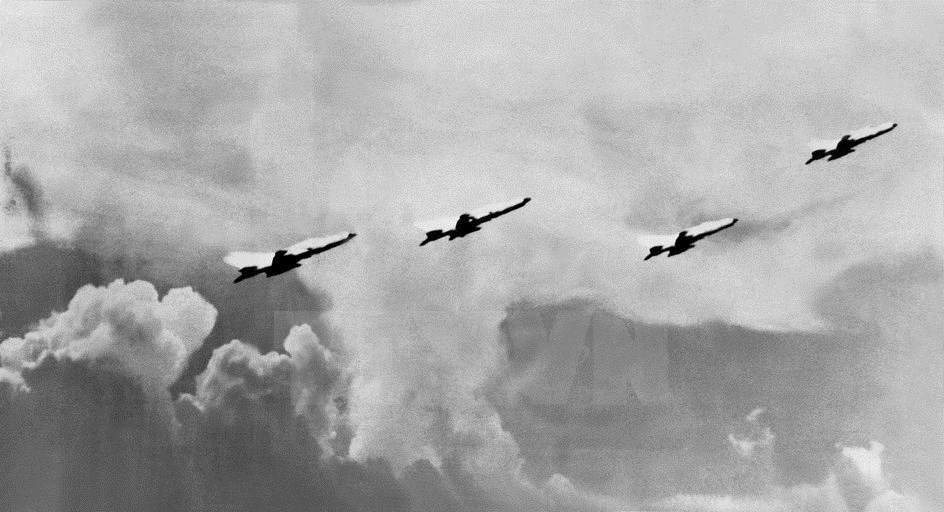 |
Jet fighters of Vietnam depart to attack the enemy during the brutal, ineffectual US bombing campaign in Hanoi, Hai Phong and its vicinity, the last US military raid during the war that lasted for 12 days from December 18-29, 1972. (documentary photo)
45 years ago, the US launched a 12-day air attack which deploys B-52 fighters over Hanoi and other cities in northern Vietnam (Dec 18-19, 1972).
The attack was intended to redeem the US’s failure on the southern battle front and reassure Vietnam to make concessions at the Paris Conference.
Nonetheless, the creative leadership of the Communist Party of Vietnam, the ideology of President Ho Chi Minh and the determination of the Vietnamese people and army had repelled the attack by shooting down 81 US warplanes, of which 34 were B52s (of which the Vietnam’s Air Defense Force shot down 53 American warplanes, including 32 B52s).
The "Dien Bien Phu in the air victory" was attributed to the Vietnamese people’s wisdom and staunch spirit. It reflected the inheritance and development of Vietnamese military tactics as well as Vietnam’s intellectuality, brainpower and bravery.
The 1972 air battle showed the Vietnamese army’s flexibility and creativity. Its MiG21 fighter jets, SAM2 rockets, 100mm cannons and P35 radar confounded the US Air Force.
Lieutenant General Pham Tuan, who was three times honored with the Hero title, one of the pilots who shot down an American B52 bomber in the 12-day resistant battle, said “We were disadvantaged in terms of weapons and equipment. But we won, meaning that we were stronger. At the beginning, we identified and understood our enemy and then developed a political stance for our soldiers."
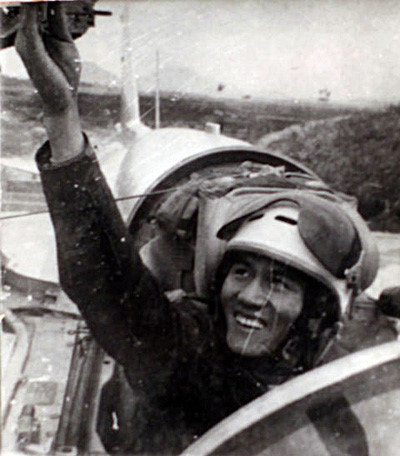 |
Hero Pham Tuan flew Mic-21 and downed a B-52 bomber (documentary photo)
"We needed to have strong determination and understand adequate military tactics, which were the two keys to our victory”, Tuan noted.
Lieutenant General Pham Tuan also said B52 bombers were equipped with rockets and guns which are capable of destroying fighter aircraft. These bombers had strong support and could conduct night operations.
According to Tuan, Vietnamese pilots had to practice flying at a very low or very high altitude to approach the American Stratofortress.
Senior Lieutenant-colonel Vu Dinh Rang, pilot of MiG21, said “No country in the world had used MiG21 aircraft to fight B52 bombers. During the 12 days and nights of the bombardment, we could tell that the Americans were afraid of our air force. That’s why they bombed our inner-city airports. We had to use short runways to take off vertically for combat. Later on, we moved to outskirts airports, which the enemy hadn’t considered, for our sorties. Whenever our MiG21s flew a sortie, the combat formation of B52 bombers was forced to loosen, reducing interference and paving the way for our rockets and other ground fire.”
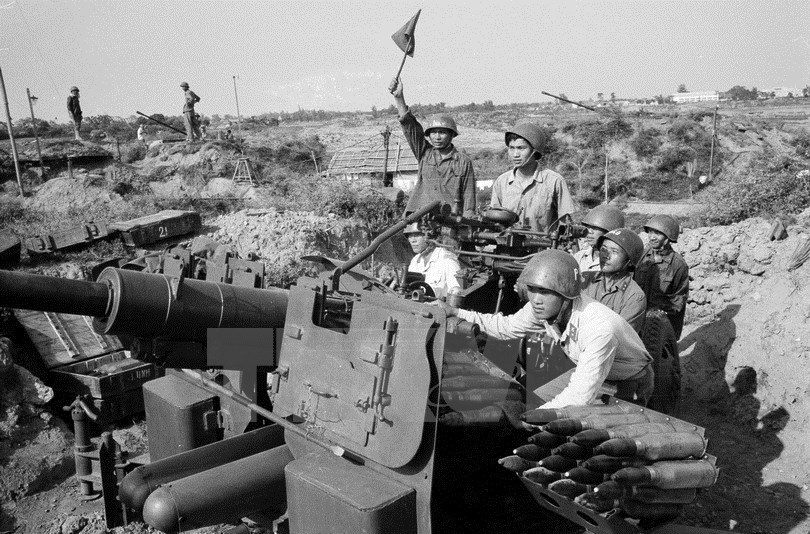 |
A military unit of the capital city of Hanoi uses an anti-aircraft gun to show down a number of US B-52 bomber aircraft in the 12-day-and-night 'Dien Bien Phu in the Air' battle. (documentary photo)
Colonel Dinh The Van, former head of battalion 77, which shot down 4 B52 bombers, said: “Our battalion’s task was to protect the Ba Dinh area. That’s why we had to study all the weaknesses of B52 bombers, such as that they could be detected by heavy interference on the screen. B52 bombers often flew at an altitude of 10km, just the right distance to be targeted by a rocket. The larger and heavier B52 bombers were, the clearer the radar signals were. We also learned that if a B52 bomber was in its bombing radius, the F4 fighter jets would be out of range to fire.”
The victory of the 12 day battle against the US carpet bombing in late December, 1972, went down in Vietnamese history as a miraculous exploit. The victory represented Vietnam’s fighting spirit and brainpower, which helped change the war situation leading to the national reunification in the spring of 1975.
Thanks to the improved forces and war strategies, the army and people of Vietnam defeated the US air blitz on Hanoi sky, shooting down 34 B52 Stratofortresses. This victory forced the US to end its bombing in northern Vietnam and sign the Paris Accord in 1973, opening a strategic opportunity for Vietnam to eventually win the war against the US. The aerial victory 40 years ago has become a momentous history event, showing the brainpower and strategic vision of the Communist Party of Vietnam and President Ho Chi Minh.
"Our victory was thanks to an accurate analysis on the US’s strategy. President Ho Chi Minh forecast that the US would lose after they were defeated in Hanoi’s airspace and that the US would mobilize B52s to attack Hanoi. Being able to forecast the situation, we won”, said Lieutenant General Pham Tuan.
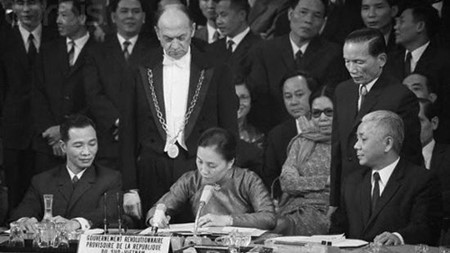 |
(documentary photo)
The failure of the air raids forced the US and its henchmen to sit down at the negotiating table in 1973 and sign the Paris Peace Agreement, putting an end to the war in Vietnam.
45 years have passed, but the spirit of the “Hanoi-Dien Bien Phu in the air” victory which was credited to the coordination and unity of all forces remains a pride of Vietnam./.
( VNF )
Recommended
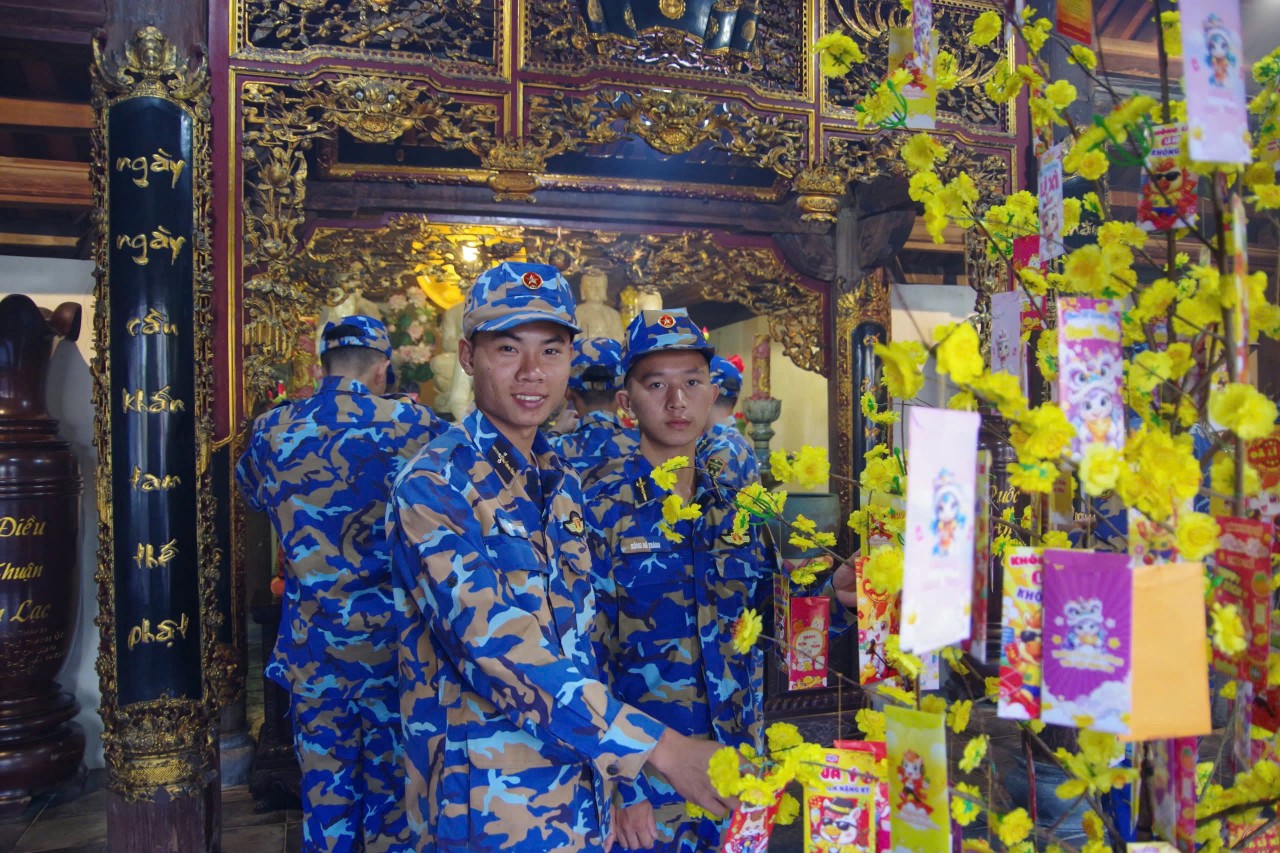 Seas and islands
Seas and islands
Celebrating the Lunar New Year on Truong Sa Island
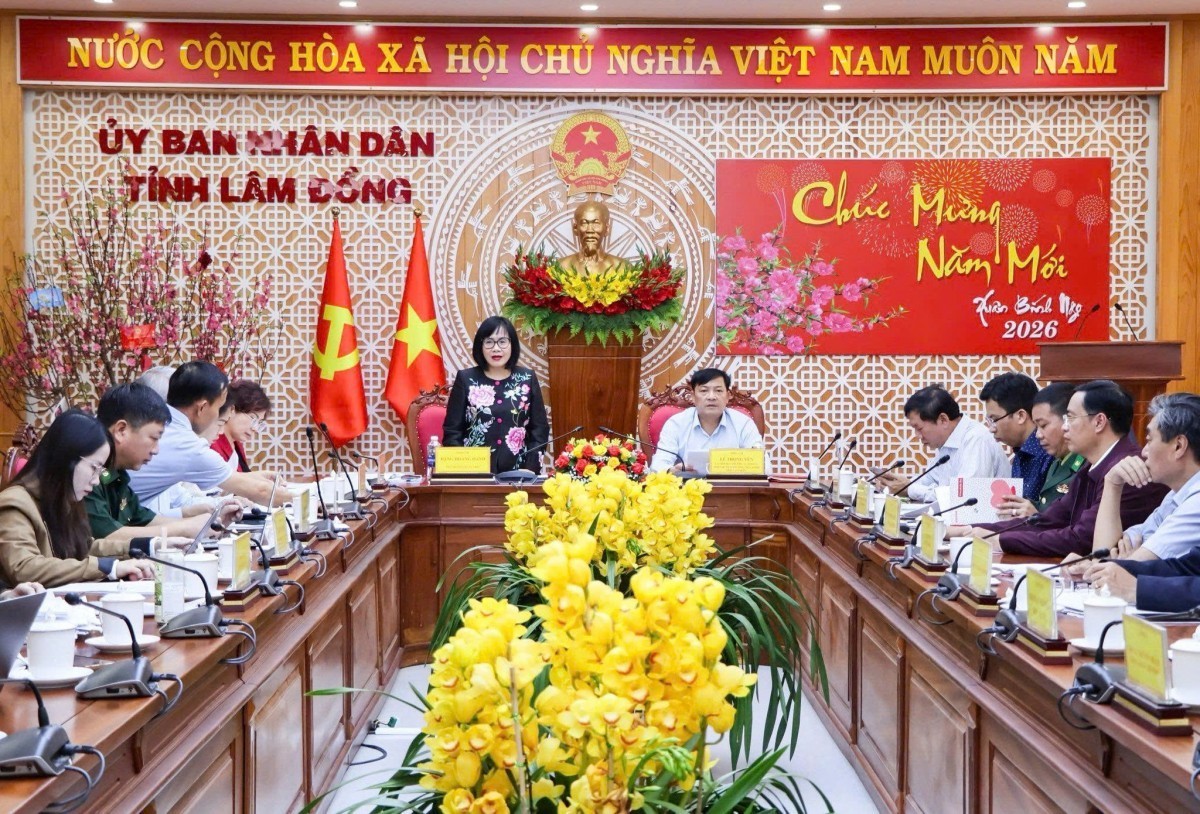 Seas and islands
Seas and islands
Lam Dong Resolves 100% of Fishing Vessels Losing Monitoring Connection in IUU Crackdown
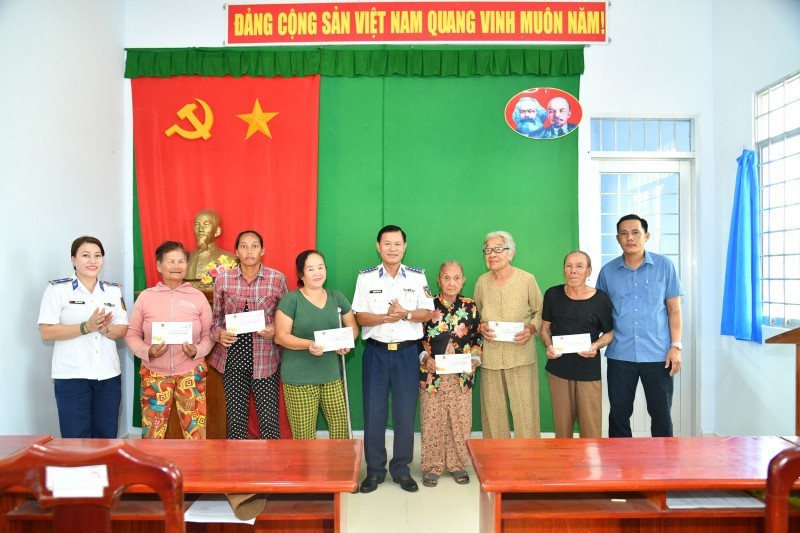 Seas and islands
Seas and islands
Tet Filled with Solidarity Between Army and People on Phu Quoc Island
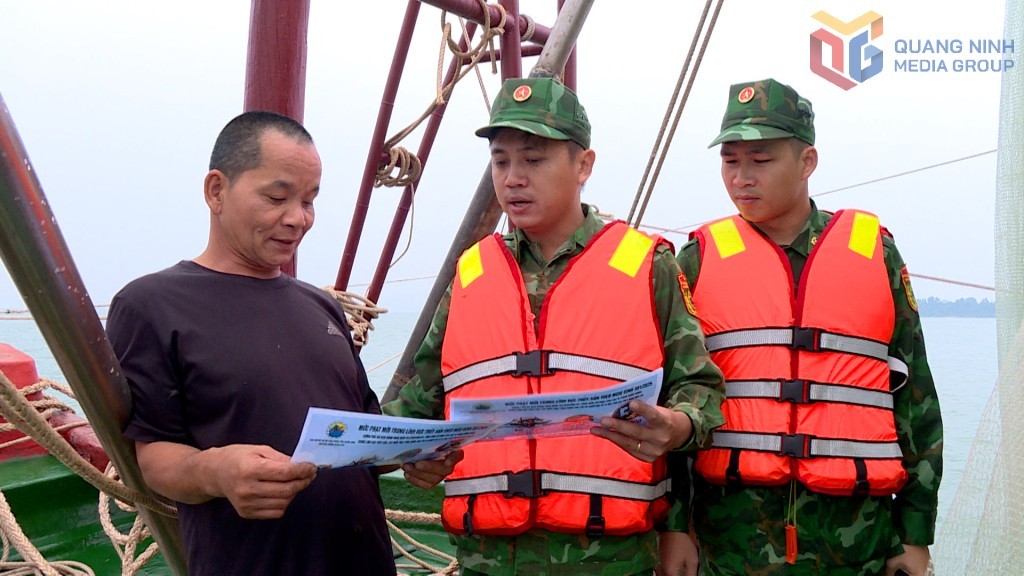 Seas and islands
Seas and islands
Quang Ninh Steps Up IUU Crackdown Toward Sustainable Fisheries
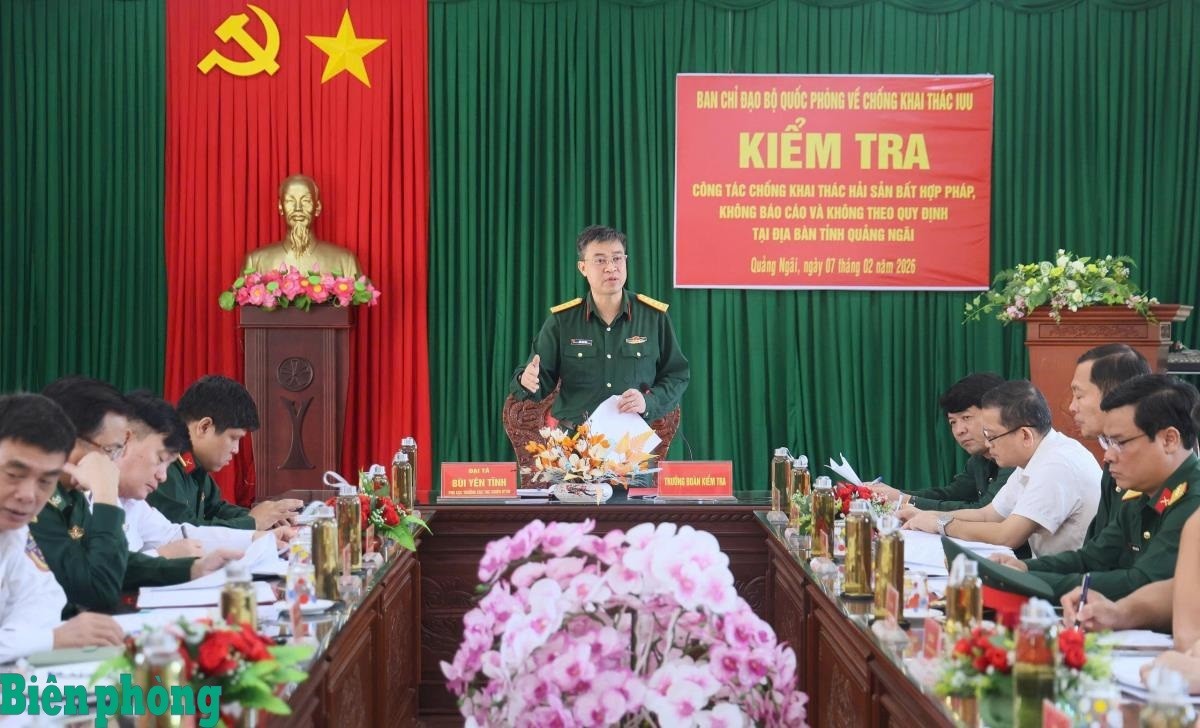 Seas and islands
Seas and islands
Defense Ministry Delegation Inspects IUU Prevention in Quang Ngai
 Seas and islands
Seas and islands
Ministry of Science and Technology Reviews Tech Infrastructure to Combat IUU Fishing in Ho Chi Minh City
 Seas and islands
Seas and islands
Quang Tri Advances Sustainable Fisheries Through Fishing Vessel Conversion Plan
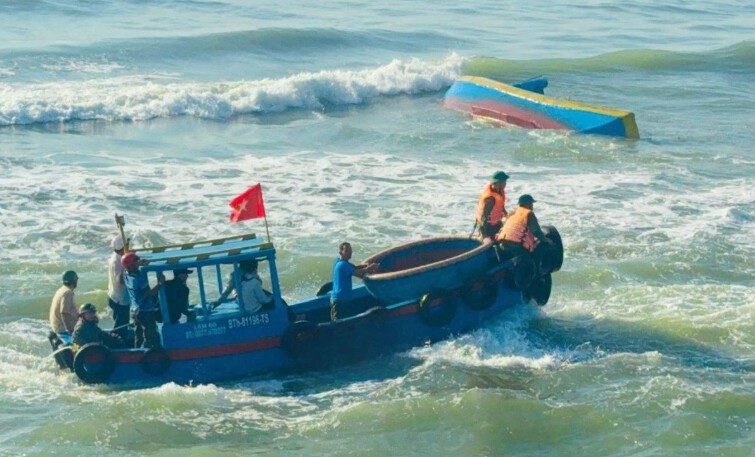 Seas and islands
Seas and islands
